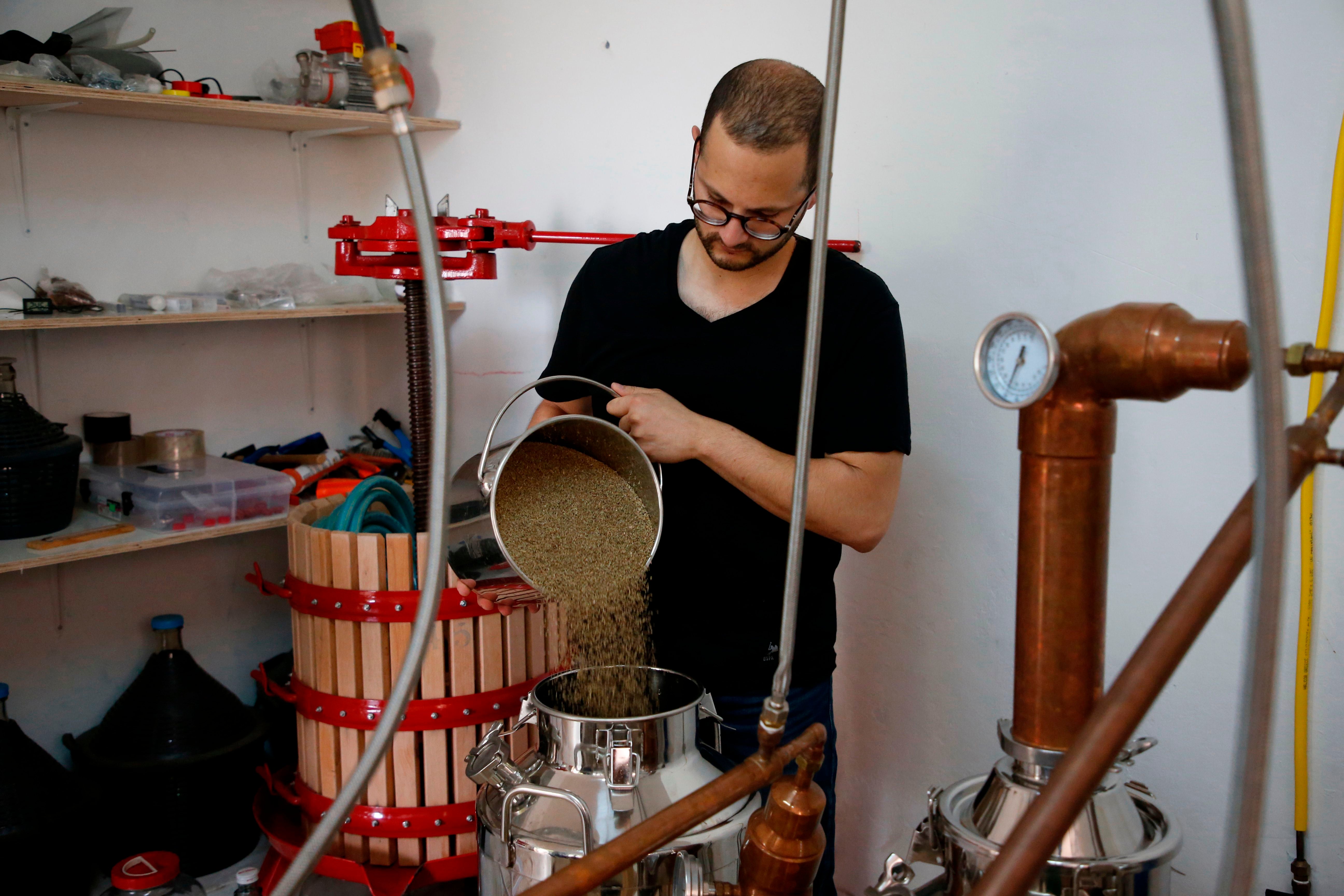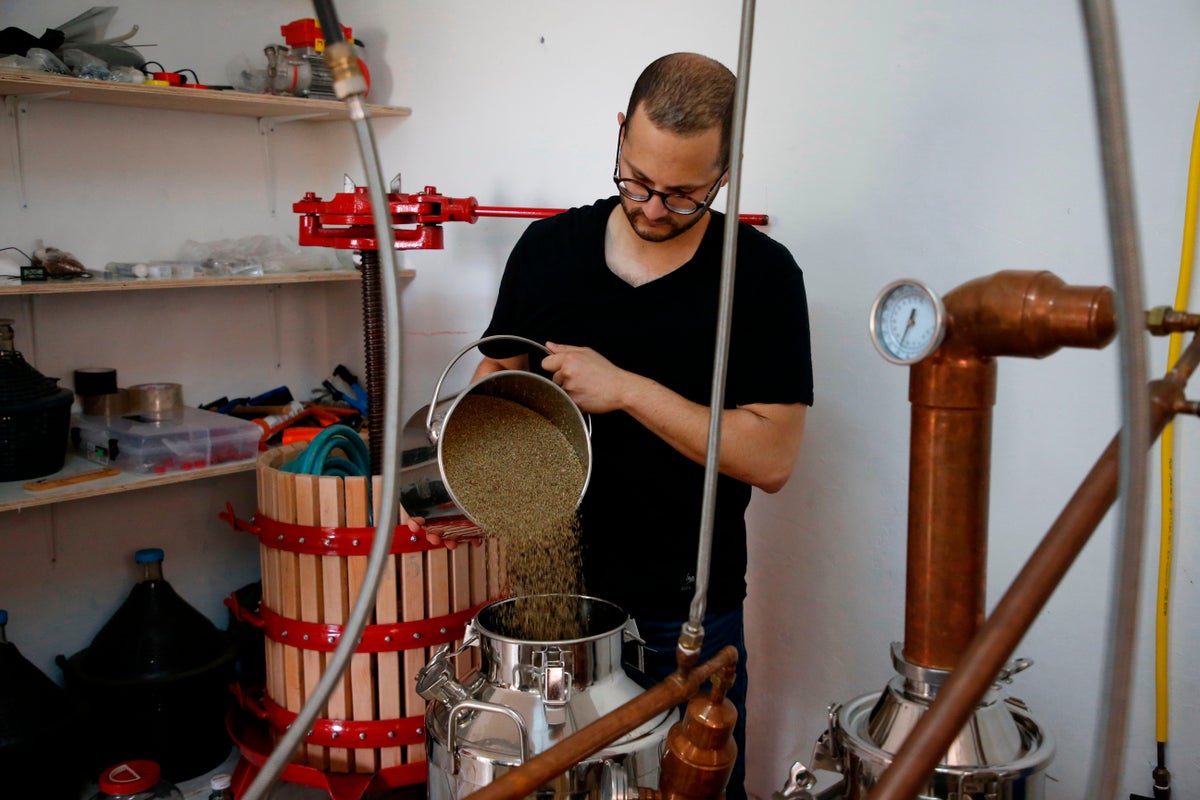Your support helps us to tell the story
From reproductive rights to climate change to Big Tech, The Independent is on the ground when the story is developing. Whether it’s investigating the financials of Elon Musk’s pro-Trump PAC or producing our latest documentary, ‘The A Word’, which shines a light on the American women fighting for reproductive rights, we know how important it is to parse out the facts from the messaging.
At such a critical moment in US history, we need reporters on the ground. Your donation allows us to keep sending journalists to speak to both sides of the story.
The Independent is trusted by Americans across the entire political spectrum. And unlike many other quality news outlets, we choose not to lock Americans out of our reporting and analysis with paywalls. We believe quality journalism should be available to everyone, paid for by those who can afford it.
Your support makes all the difference.Read more
Anise is a spice commonly used to sweeten baked goods and desserts, adding a warm and sweet licorice-like flavor to whatever dish it’s in.
But many may not know the seeds could come with hidden health benefits. The seeds are rich in essential minerals, including brain and immune-boosting iron and bone- and cell-protecting manganese, according to Thailand’s Vinmec Healthcare System.
Previous research conducted at Iranian institutions say the seeds from the Pimpinella anisum plant may even help fight depression and improve menopause symptoms.
 A favorite in Asian and European cuisine, anise seeds are added to holiday cookies and mulled wine (AFP via Getty Images)
A favorite in Asian and European cuisine, anise seeds are added to holiday cookies and mulled wine (AFP via Getty Images)
Menopause, the natural decline in reproductive hormones, impacts more than 1 million women in the U.S. each year. Symptoms include hot flashes and night sweats, trouble sleeping and mood swings and vaginal dryness that can lead to an increased risk of a sexually transmitted infection.
But consuming anise seeds was found to reduce the severity and frequency of hot flashes by nearly three-quarters, according to one study from researchers in Tehran.
Two other Iranian studies also showed symptoms of both postpartum and mild-to-moderate depression were relieved by taking either anise seed powder or capsules three times a day.
Symptoms of depression include feeling sad, easily irritable, having trouble falling or staying asleep, eating more or less than usual, not wanting to do things that used to be fun and having thoughts about hurting yourself or suicide. Depression affects 16 million American adults, with 1 in 6 experiencing depression at some point in their lifetime, according to the Centers for Disease Control and Prevention.
Other research out of Italy has highlighted using the seed oil as a way to reduce inflammation and a study from Chinese researchers has said it has antibacterial properties.
Most people can safely consume anise without the risk of adverse effects, but people should talk to their doctors before ingesting anise and have certain hormone-related conditions or allergies.
Just one or two teaspoons are used in most food dishes and a daily intake of up to 20 grams of anise seed powder is considered safe for healthy adults, according to Vinmec Healthcare System. They’re also low in calories, with just 23 calories per tablespoon.

